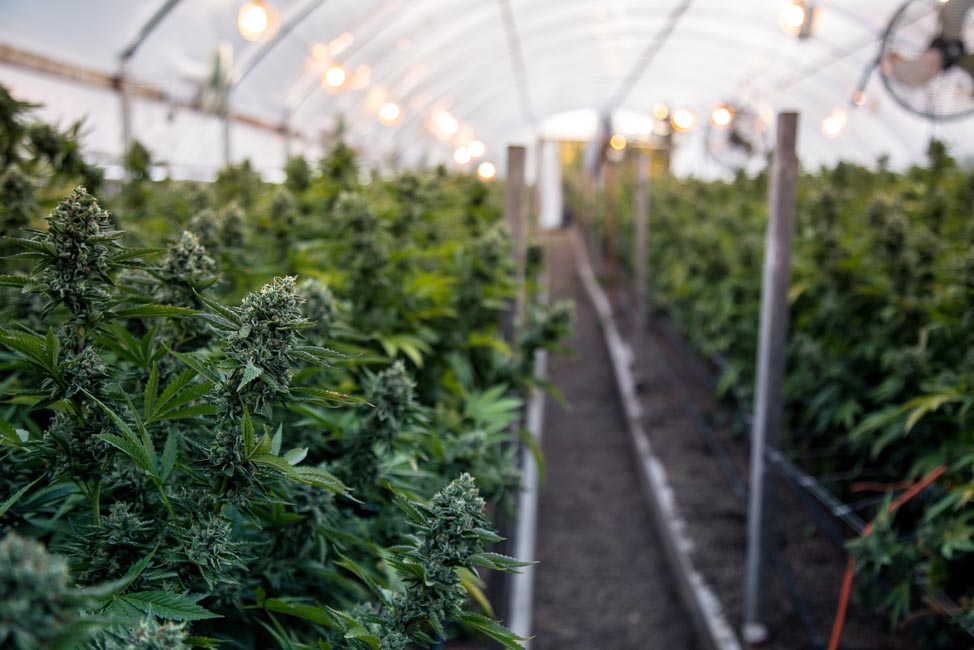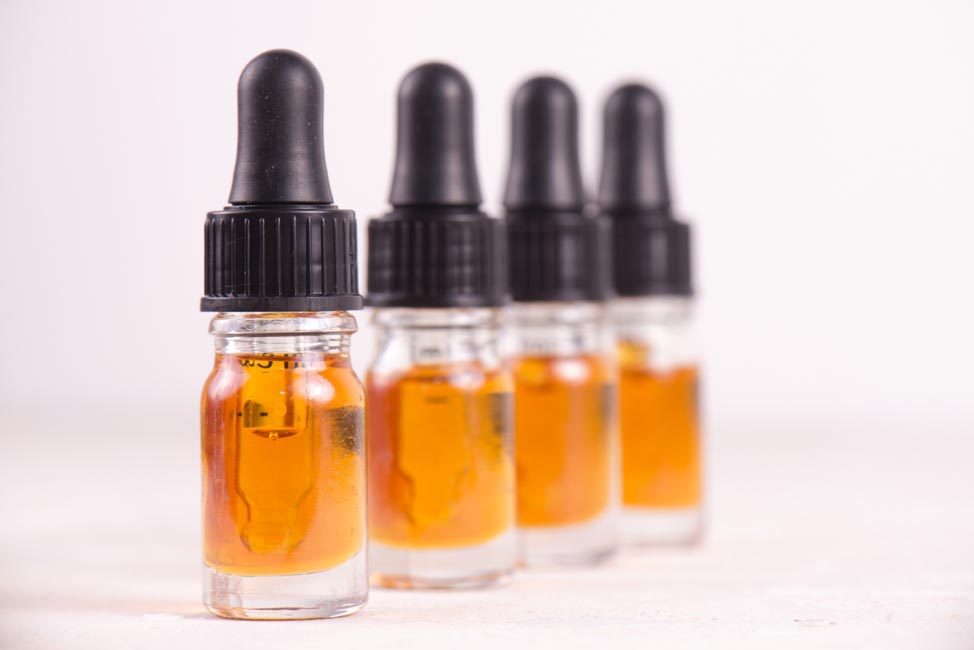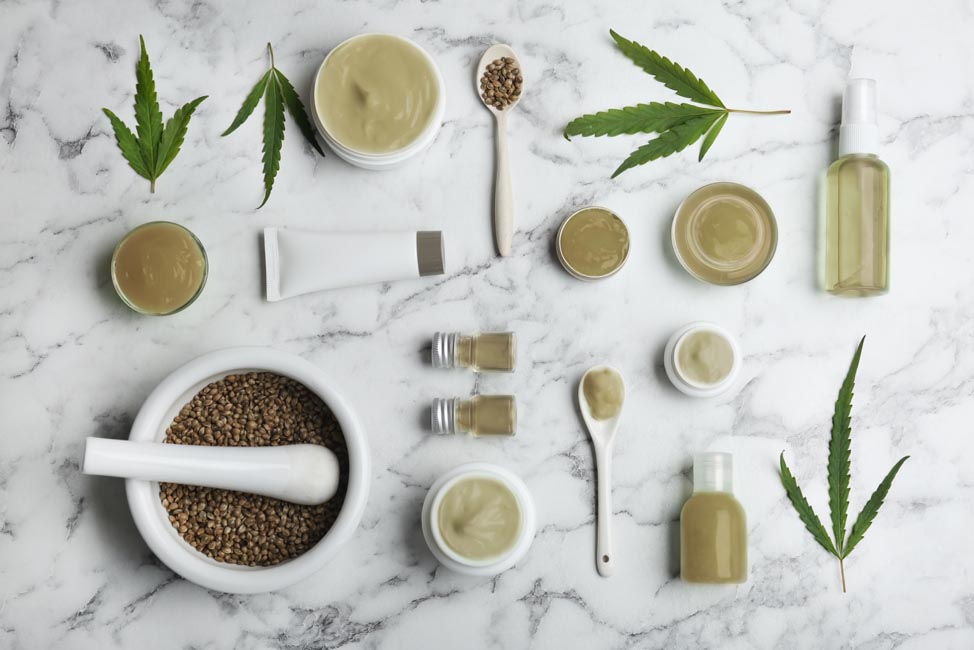
Today’s cannabis market couldn’t be much more different from the outdated stereotypes surrounding the industry. With legalization spreading across North America ― and around the world ― marijuana-based products have shaken off their taboo status on their way to the mainstream. The cliché image of Cheech and Chong-style crunchy stoners still exists in a way, but today that convention is vastly overshadowed by an ultra-modern business acumen, pushing cannabis products into the commercial limelight.
To begin with, recreational legalization of tetrahydrocannabinol (THC) continues to gain popularity among Americans. THC products are still rather strictly regulated in the U.S. due to their psychoactive tendencies, but the legality of marijuana is less of a problem with each passing day. Cannabis is already legal for medical purposes in 36 states, and recreational use is now allowed in eleven states ― Alaska, California, Colorado, Illinois, Maine, Massachusetts, Michigan, Nevada, Oregon, Vermont, and Washington. In these states, it’s not uncommon to see chic, trendy storefronts packed with a vast array of marijuana products, from edibles to smokeables to vaporizers, and all points between.
Of course, Canada is one big step ahead of the United States in this regard. Canada legalized cannabis nationwide in October 2018, making them just the second country in the world to make weed recreationally legal on a national scale (Uruguay was the first). The Canadian rollout of legal marijuana was relatively light on controversy, to the point where The New Yorker recently referred to Canada’s developing recreational weed scene as “super, super boring.” That’s not a bad thing, though! From a business perspective, Canadians’ seemingly nonchalant, albeit heavily regulated embrace of legal cannabis means that the production and sale of marijuana products has become a viable business market, attracting large investments from established brands.

The reasons for marijuana’s acceptance in the business world are rather complex, but in large part began with the discovery of many legitimate medical uses for the plant, which helped get rid of some outdated taboos. Cannabis isn’t just used to get high these days, and in fact, the fastest-growing segment of the marijuana market is based on cannabidiol, more commonly referred to as CBD ― a naturally occurring compound that does not give the user the “high” that has long been associated with cannabis. The combined popularity of THC and Non THC Cannabis products is driving incredible market growth in the U.S. and abroad. The U.S. market alone accounts for $10bn with expectations to grow to $60bn by 2025 dependent on additional state by state or federal legalization according to Euromonitor.
The popularity of CBD products encompasses both the medical and recreational worlds, as it is frequently used as a treatment for anxiety, chronic pain, cognitive issues, and movement disorders. On the recreational side, CBD is seemingly everywhere ― infused beverages, tinctures, topical creams, vaporizer cartridges ― you name it. CBD’s increasing market impact is driven in part by the way it provides users with the beneficial side effects of partaking in marijuana ― like pain relief and sleep aid ― but without the psychoactive chemicals that make consumers high.
As CBD use continues to spread, the business world is starting to buy in. In other words, CBD products have helped move public perception of marijuana in general from the shady setting of a dealer’s living room, and out into the world of legitimate big business. Obviously, there are still regulations to adhere to, but CBD oil itself is not particularly difficult to produce, making it relatively simple for companies to experiment with.

It’s not all about CBD either, as hemp is making a comeback in a big way. Hemp products are back in the mainstream for the first time in America since the Tax Act of 1937 destroyed the hemp industry, which before that was used to produce textiles, paper products, clothing, and more. The 2018 Farm Bill is largely responsible for bringing hemp back, as it lifted restrictions on large-scale hemp cultivation, along with significantly easing limitations regarding the sale and transport of hemp-based products.
Today’s hemp industry is booming, especially in the area of beauty products. Hemp-infused goods are finding their way onto store shelves in the form of lip balm, body wash, candles, hair cream, lotion, perfumes and colognes, shaving cream, essential oils, and even anti-aging wrinkle cream. Both hemp and CBD are quite effective in the beauty industry thanks to their strong antioxidants that can slow down the effects of aging on skin, and they’re also productive as acne treatments, thanks to the way cannabis extracts prevent skin from generating excess oil.
The developing legality of marijuana is still a hindrance to the widespread popularity of THC products, which are currently produced in America on more of a state-to-state basis than their counterparts in the CBD and hemp markets. It’s impossible to tell exactly what the future holds for cannabis products, but it’s extremely likely that marijuana will continue to gain widespread acceptance.
There’s still quite a bit of regional variance regarding the packaging of marijuana products, but most jurisdictions require specific dosing information, child-resistant packaging, and labels that aren’t attractive to young people. In addition to complying with all relevant regulations for packaging, there’s also a movement underway to package cannabis products in sustainable packages and there’s certainly room for packaging manufacturers to get creative and push innovation into the forefront of the market.
There’s no telling how far the cannabis market will grow in the future. New applications for infused beverages, packaged foods, infused spirits, pet care, beauty and personal care are entering the market daily and consumers are primed to by in to the growing craze.
No matter what, the growing cannabis market will be an exciting one to watch in the coming years, and the packaging industry will be working to stay ahead of its every move.








































